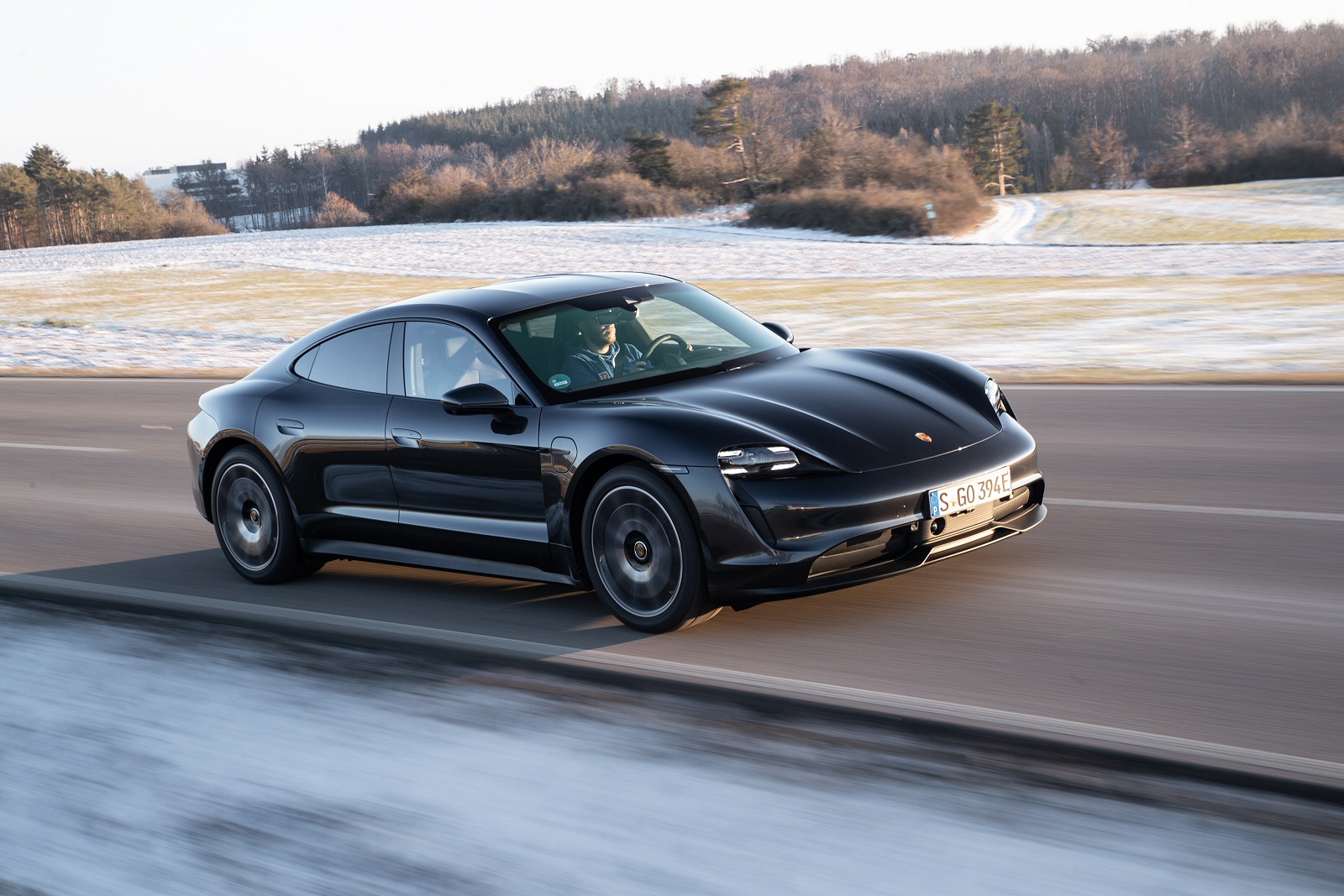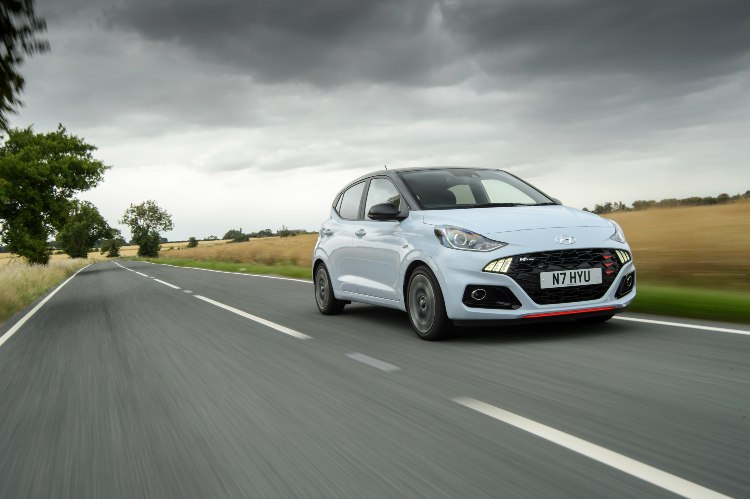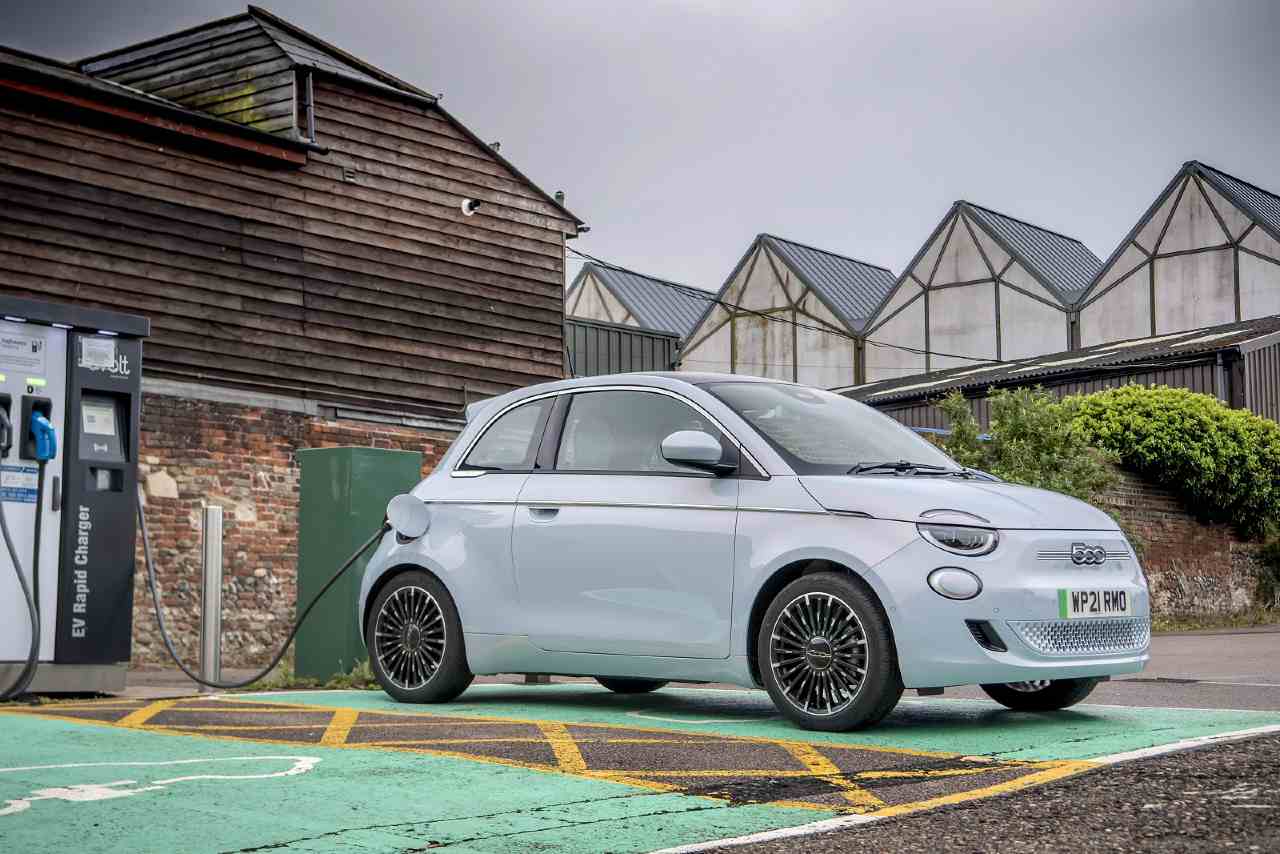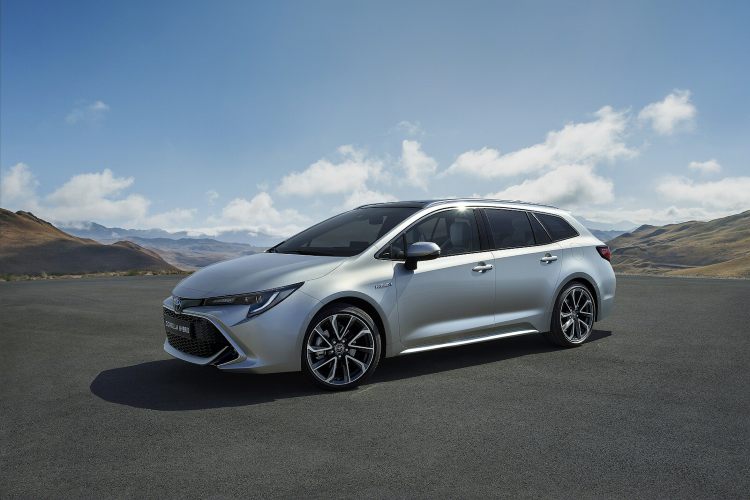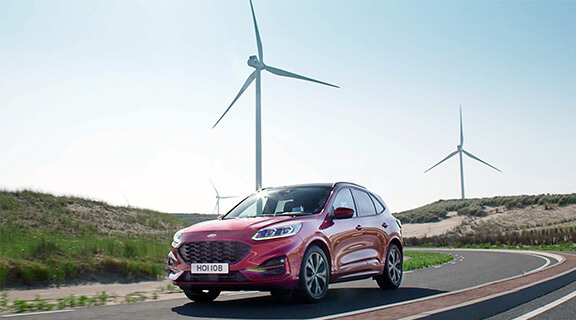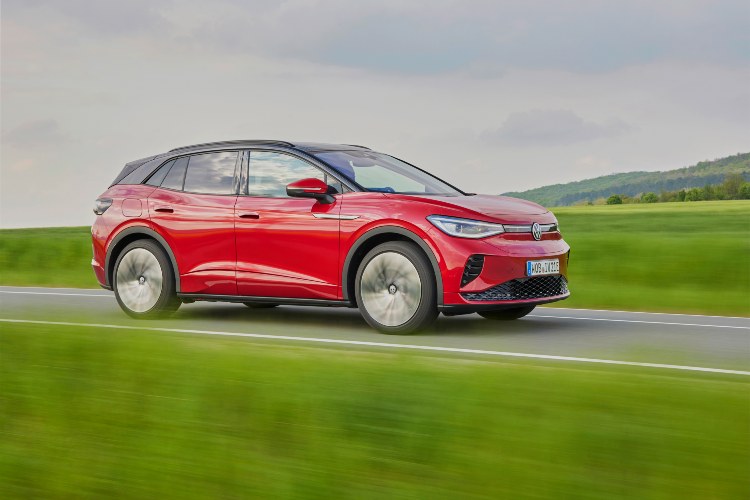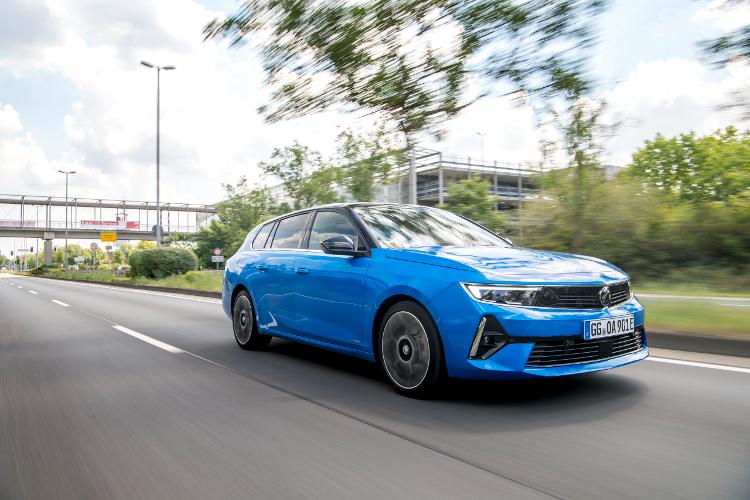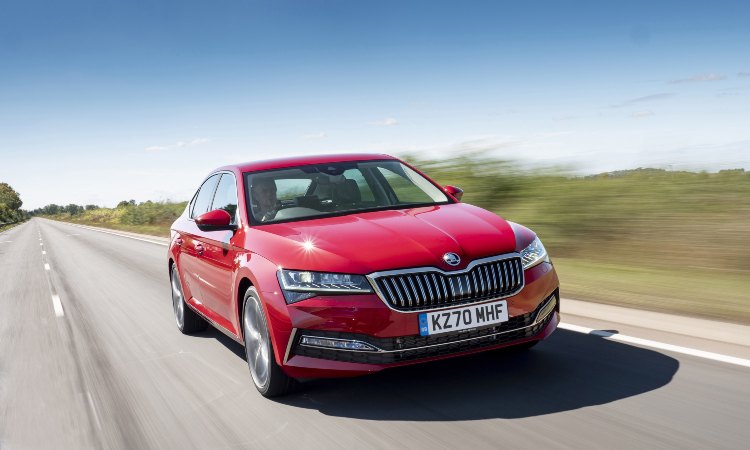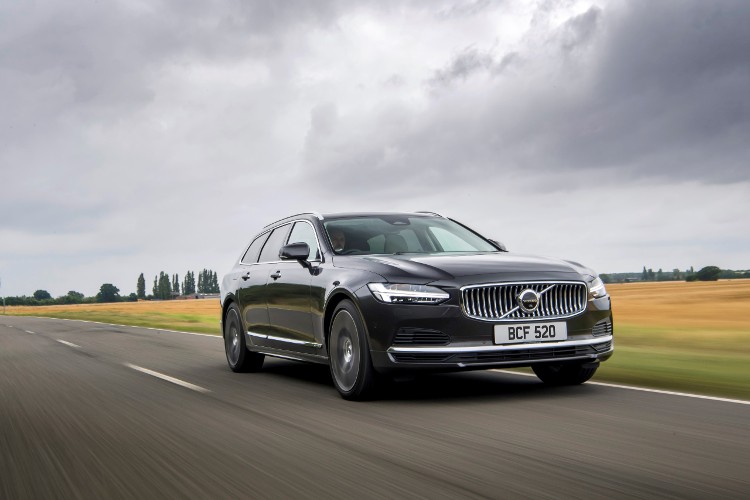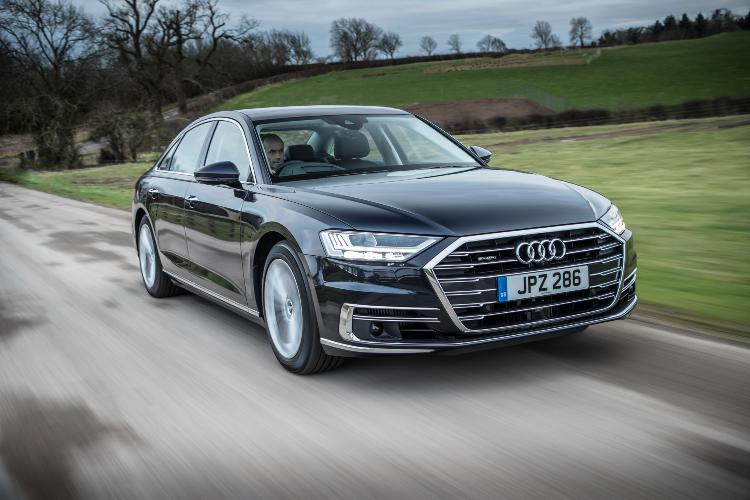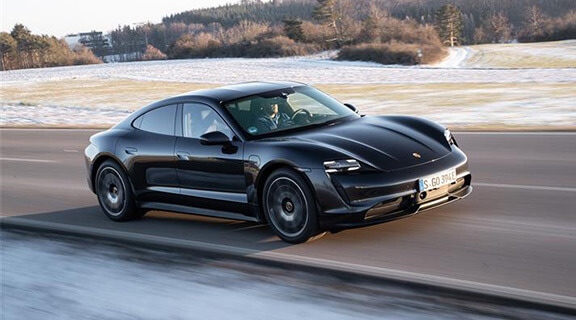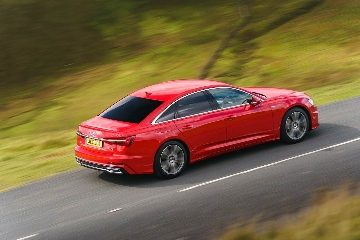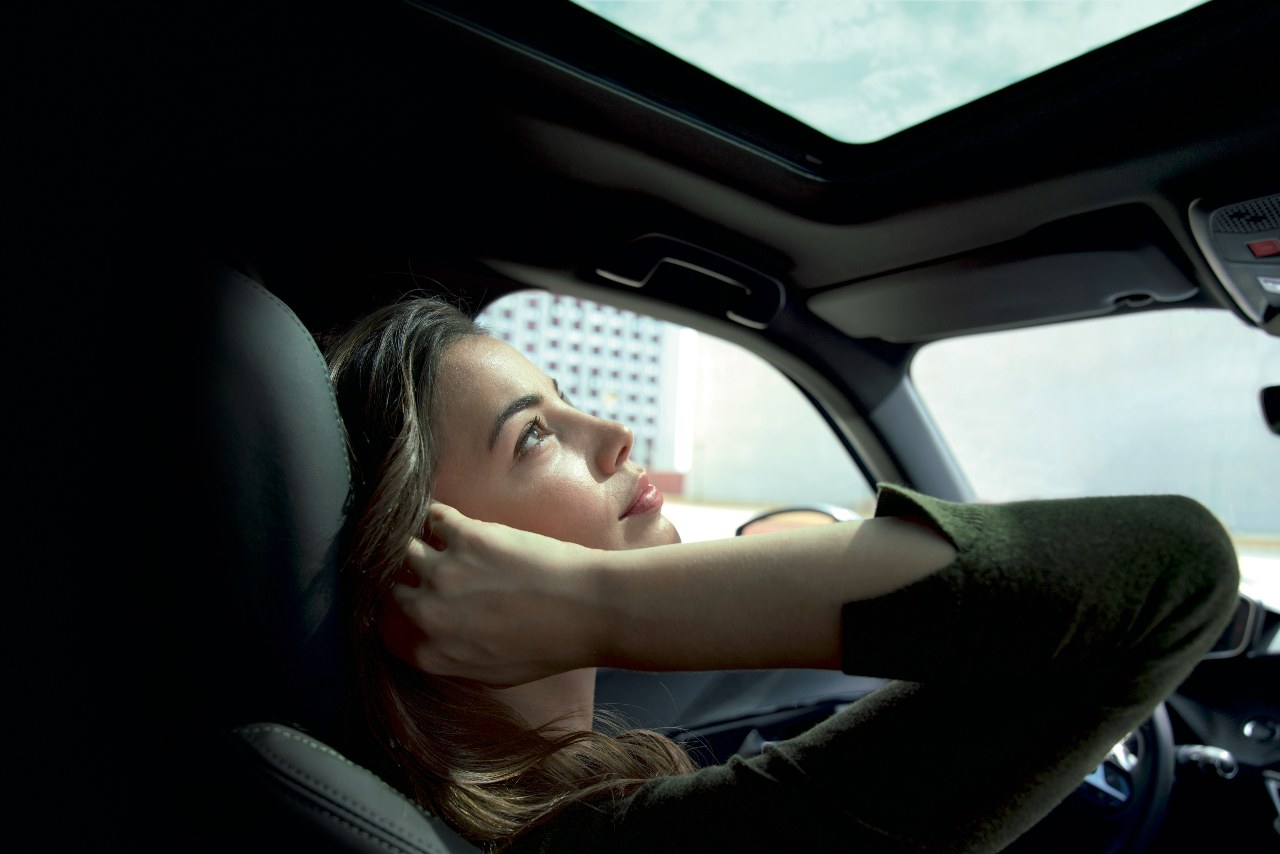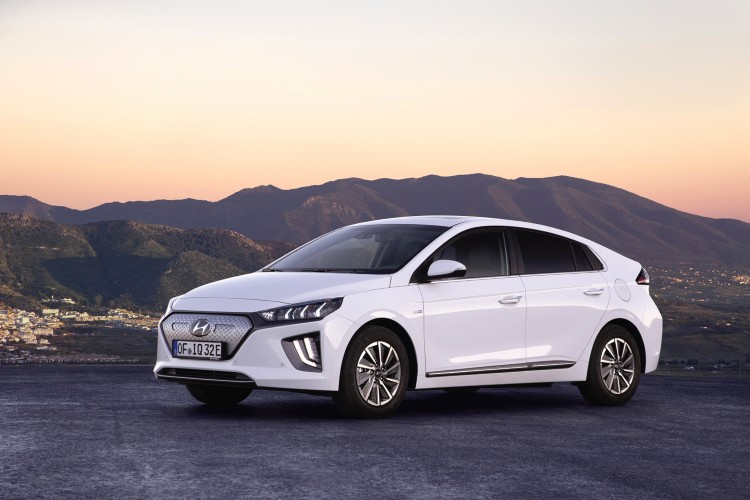By Matt Robinson - Updated 30/3/23
Slogging up and down the motorway doesn’t tend to be the most fun thing about driving. But for lots of us it’s what we have to do most often. With the right car, though, it can be a lovely experience as the miles melt away in comfort and quiet.
Here, then, are our ten favourite cars for easing away the motorway miles. We’ve picked examples of various body types and sizes, and a mix of fuel types - petrol, diesel, hybrid and full electric cars . All of them have the comfort, technology and cruising capabilities to make those long drives as easy as they possibly can be.
10 Best Cars For Motorway Driving
Hyundai i10 Fiat 500 Electric Toyota Corolla Ford Kuga Volkswagen ID.4 Vauxhall Astra Skoda Superb Volvo S90/V90 Audi A8 Porsche Taycan
Hyundai i10
If you only need a small city car with a conventional engine and an affordable price, you won’t beat the Hyundai i10 for motorway manners. Hyundai has made the i10 surprisingly comfortable and stable at higher speeds. It’s not as quiet at 70mph as a big luxury saloon, of course, but the driving position is excellent and every model in the range comes with cruise control as standard.
View our latest Hyundai i10 lease deals, or take a look at our in-depth review.
Fiat 500 Electric
The all-new Fiat 500 Electric is surprisingly adept on a motorway for such a small car. And because it’s an EV there’s no combustion engine making a noise up front, which brings a sense of quiet and refinement even when doing 70mph. It has a good adaptive safety kit across the board, but cruise control comes in at the second Passion trim and fancy adaptive radar cruise is an option. Pick the larger 42kWh battery model for a 199-mile range.
View our latest Fiat 500 lease deals, or see how the 500e compares against the classic 500.
Toyota Corolla
The Toyota Corolla has much to recommend. The larger 2.0-litre petrol-electric hybrid model is preferable to the 1.8 for motorway users, because it’s more powerful and a little quieter. But, either version represents a reliable, economical and thoroughly likeable midsized hatchback (or Touring Sports estate if you prefer). Even better, basic Icon versions have adaptive cruise control as standard.
View our latest Toyota Corolla lease deals.
Ford Kuga
Ford’s Kuga is much-improved in its third-generation format. The standard petrol and diesel models which are very cheap to lease, and very good, but the mild-hybrid and plug-in hybrid electric (PHEV) versions are that bit more economical. We think the PHEV is the one to go for, because it’s really civilised and pleasant company on a long motorway journey – and midsized SUVs are always useful things, too, because of their immense practicality.
View our latest Ford Kuga lease deals, or take a look at Matt Robinson’s Kuga review.
Volkswagen ID.4
If you're looking for an all-electric SUV, then the Volkswagen ID.4 can provide. Again, its strength is its quietness, brought about by the lack of a petrol or diesel engine, while the larger 77kWh battery will take you up to 310 miles on a single charge. All ID.4 models come with adaptive cruise control with a speed limiter as standard.
View our latest Volkswagen ID.4 lease deals.
Vauxhall Astra
The latest Vauxhall Astra is a deeply capable motorway car – it’s quiet, it’s very comfortable and it’s fitted with a range of highly efficient engines, including a plug-in hybrid. It helps that the Astra Mk8 also looks brilliant on the outside, while it comes as both a hatchback and a ‘Sports Tourer’ estate. If you’re going long distances and need to pack a lot of stuff in the boot for your trip, the Vauxhall has your needs covered.
Check out our latest Vauxhall Astra lease deals.
Skoda Superb
What the Skoda Superb does so well is to offer massive interior space and refinement, but for the cost of a family hatchback. The Superb is, well, superb – a large and well-appointed cabin, lovely smooth drivetrains, and epic refinement at motorway speeds. When fitted with optional adaptable suspension, meaning you can soften the ride quality by selecting ‘comfort’ mode, it’s truly a lovely car to do long distances in. There’s even a plug-in hybrid model if you want some all-electric peace and quiet on the move.
View our latest Skoda Superb lease deals, or check out our review of the Superb.
Volvo S90/V90
Volvo’s signature calling card is some of the best, most comfortable seats in the car world. They help make any long-distance motorway journey a breeze. All of Volvo’s products are worth consideration as motorway cars, but as large, luxury vehicles are normally the best on motorways then its the grand S90 (saloon) and V90 (estate) models that work best. Both come with plug-in hybrid drivetrain options that have up to 455hp – and plenty of power is another major bonus for motorway driving.
View the latest Volvo V90 and S90 lease deals
Audi A8
If money is no object, a luxury limo is the best type of car for long motorway stretches. Few are better than the Audi A8. Every petrol and diesel version is a mild hybrid, meaning fuel economy is better than you probably think. But the most efficient by far is the petrol-electric PHEV model, including up to 29 miles of zero-emissions electric-only driving and suitably low benefit-in-kind tax. Every A8 gets 22-way electrically adjustable seats, full air suspension and radar cruise control too, so you’re bound to be comfy no matter how far you’re driving.
Find the best Audi A8 lease deals at Vanarama.
Porsche Taycan
There are few finer motorway cars than this one. The electric Porsche Taycan comes in three body styles: a saloon, an estate called Sport Turismo, and a higher-riding ‘lifestyle’ estate called Cross Turismo. Every version is officially capable of more than 250 miles on a single charge. And with optional acoustic glass and radar cruise control, plus the adaptive air suspension of the 4S versions upwards, travelling at 70mph on the motorway is just a lovely experience all round.
Find the best Porsche Taycan lease deals.
Best Motorway Car FAQs:
What makes a car good on the motorway?
- Generally, a good motorway car will be big and relatively heavy, so that it feels spacious and stable at higher speed.
- It should have a driving position with plenty of adjustment, and soft, well-designed seats, so that you’re comfy behind the wheel.
- It should have an engine (or electric motor) that’s strong and quiet, so that it can get up to speed quickly and doesn’t feel noisy or strained at 70mph.
- Ideally it’ll have plenty of motorway-specific safety and convenience features too, like radar cruise control, which can adjust the car’s speed automatically relative to the cars around it. And blind spot monitoring, to assist with safe lane changes.
Of course, there are plenty of smaller, lighter, and very efficient cars that are brilliant on the motorway, but it tends to be bigger cars that are accomplished motorway cruisers. Saloons, estates, SUVs and crossovers naturally feel more at home at a steady 70mph.
What is the most fuel efficient car for motorway driving? Usually, a bigger turbo diesel engine - 2.0-litre and above - will give the best economy at motorway speeds. Diesel engines burn fuel more efficiently than petrol engines once warmed through, and operate at relatively low revs-per-minute in top gear at higher speed. A higher powered diesel won’t be strained at all when operating at 60-70mph, and will prove very efficient. Something like a BMW 320d or an Audo A4 2.0 TDI will give you a good 60mpg over a steady motorway drive.
Are hybrid cars good for motorway driving? Yes, they are - but only to an extent. Non-plug-in hybrids, like a Toyota Prius or Honda CR-V, are very good on the motorway, because they will ‘coast’ on electric power as often as they can in order to save fuel. Plug-in hybrids (PHEVs) look even more promising, as they can often drive at up to the motorway limit on electric power alone, but the problem is that most PHEVs only have between 30-50 miles of electric range. So if your chosen PHEV has to cover more motorway miles than that, then once it has exhausted its battery pack, the combustion engine is essentially powering a much heavier car on its own. In short, choose carefully with a hybrid if you’re regularly doing 100-miles-plus at a time on the motorway.
Are electric cars good for motorway driving? Electric cars are good for motorway driving - with caveats. With most combustion cars, the usual rule is that they are more fuel efficient on faster roads and motorways, where they can hold a steady speed and don’t need to regularly change gear, than they are in stop-start town-traffic driving conditions.
Electric vehicles (EV) are actually easier on their battery packs in urban settings, because regular use of regenerative braking keeps the battery from depleting its charge as fast. So you will get more range from an EV if you keep its speed below 50mph than you would travelling regularly at 70mph. That said, bigger, more expensive, longer-range EVs like the Tesla Model 3 and the Porsche Taycan are designed to excel in motorway conditions – the Porsche, for instance, has a feature called ‘Range’ on some models, which actually lowers the suspension at higher speeds to make the car more aerodynamic and therefore more efficient on its battery.
What should you check on your car before motorway driving?
- Always check the condition of your tyres, to ensure that they have plenty of tread left, that there are no cracks or blisters in the rubber, and that they are correctly inflated to the right tyre pressures – having them either under- or over-inflated will not help fuel economy and/or battery usage.
- Also check vital fluids (if your car has an engine and isn’t an EV!), like oil, coolant and windscreen-washer fluid to ensure they’re all in good condition and topped up before a long journey.
- You should also ensure all your lights and wipers work as they should, and make sure the vehicle doesn’t have any needless extra weight in it. Unnecessary junk in the boot, or things fitted to the body that will increase its aerodynamic drag (such as empty bike carriers or roof racks) mean the car has to work harder to move. It’ll use more fuel or battery power as a result.
Find out more about how car leasing works or why lease vs buy a car in our easy-to-understand leasing guides. Or if you're ready to browse for your next we've got a huge range of car leasing offers at unbeatable prices.

